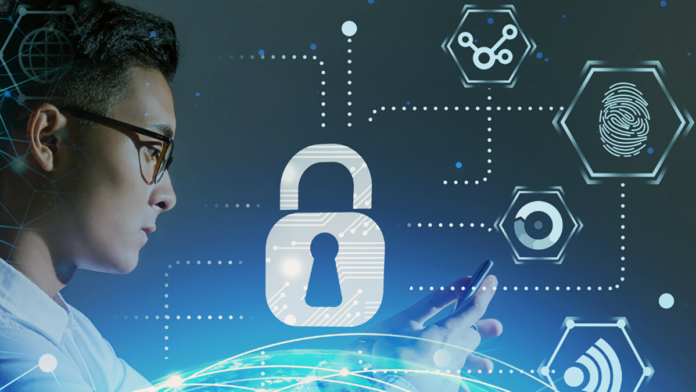
We are sure you have thought at least once about this tiny little ‘bot’ inside your cell phone that ‘listens’ to your conversations. And then, bam! Ads with the exact same products or services you spoke with your friends about pop out! Spooky, right? But how much does the Internet know about us in 2021? Is it possible to protect our privacy online? Read on to find out.
Covid-19 and Internet privacy
In 2021 when the COVID-19 pandemic forced all the corporate world to work from home, protecting ourselves and our company’s data is more than a priority. There are so many companies out there tracking everything we do, and many of them were caught selling users’ private info to other companies. According to the Pew Research Center research, most people feel threatened by this type of behavior – 80% of Americans say that collecting corporate data incurs more risks than benefits. After the pandemic started in March 2020, our lives almost entirely moved online – Zoom became our primary means of communication. Our food mostly came from online grocery and delivery services, school and work went remote. For everything we had to do or buy, we had to fill out tons of our personal data online. While most governments across the globe were busy trying to tackle the pandemic, they oversaw the fact that our privacy became more vulnerable than ever. However, the future doesn’t necessarily need to be that gloomy as certain changes are happening in the world of online privacy today.
Internet privacy regulations
What will change in 2021 regarding our privacy? As this is a burning issue this year, many regulations and privacy laws are being prepared. Apart from the GDPR that was put into effect in 2018 in the EU, the US has also introduced laws to follow the GDPR’s lead. One of the most interesting ones is the CCPA (The California Consumer Privacy Act) which was set to take effect on January 1, 2020. The most significant difference is that with this law, consumers can demand from the companies to see all the data they saved on them. In case privacy guidelines were violated, the users can sue the companies. The second and the most recent one was signed in Virginia – the Virginia Consumer Data Protection Act (“VCDPA”). It came into force in 2021, and similarly to California law, consumers can access, correct, delete or obtain data companies gathered on them. In addition, consumers can opt out of having their personal data processed.
No more third-party cookies
This is the second colossal change affecting online privacy. Third-party cookies or cookies created by ‘parties’ (such as providers of advertising and other tracking services) rather than the website itself are slowly being phased out. Firefox and Safari have already prohibited them. Let’s hope Chrome can do the same soon. However, even with this third-party cookie ban in place, it does not mean consumers would not be tracked anymore. It only means that ad companies that use cookies to target users will find other ways to do it. And they have probably already found them. Google will still track and target users on mobile devices, and it will still target ads to users based on the behavior on its own platform. In other words, this will have enormous consequences for the digital industry, but not for Google.
IoT and privacy issues
Have you ever thought about how the internet of things and connected devices affect your privacy? For example, let’s say you have Alexa connected to your devices in your home. You will not believe, but Alexa is set by default not only to record all your conversation, but it records every time you turn on the light in your house, adjust the thermostat and do similar things with your connected devices. Amazon says they use these data to improve artificial intelligence, but it is still creepy. There was a similar privacy concern with Apple’s Siri and other internet assistants. Reports were stating that some employers required their staff to turn off IoT devices while working from home.
What can we do to protect our privacy in 2021? One of the proven ways to protect your online freedom is utilizing a VPN.
Protect privacy – choose VPN
Here are just some of the reasons why you should consider getting one:
- It protects your anonymity
- Cookies will not track your location
- It encrypts the transmission of data
- ISP cannot track you
- You are entirely safe with a good, high-quality VPN
Here are the lists of reliable and trusted VPNs:
USA/UK: https://en.vpnwelt.com/best-vpn/
Germany: https://vpnwelt.com/vpn-anbieter-vergleich/
Of course, you will always need to take common-sense precaution measures such as not opening an email from strange, garbled accounts, adding layers of protection when accessing different accounts, not clicking on links from the sources which are not verified, and so on, and so on. When it comes to your mobile devices, some tips include turning off the microphone or location while accessing apps and turning off voice recognition. But none of these will give you that same protection as a reliable VPN will.
To stay safe, feel free to use all the above-mentioned tips so that all your personal data stay personal.




























